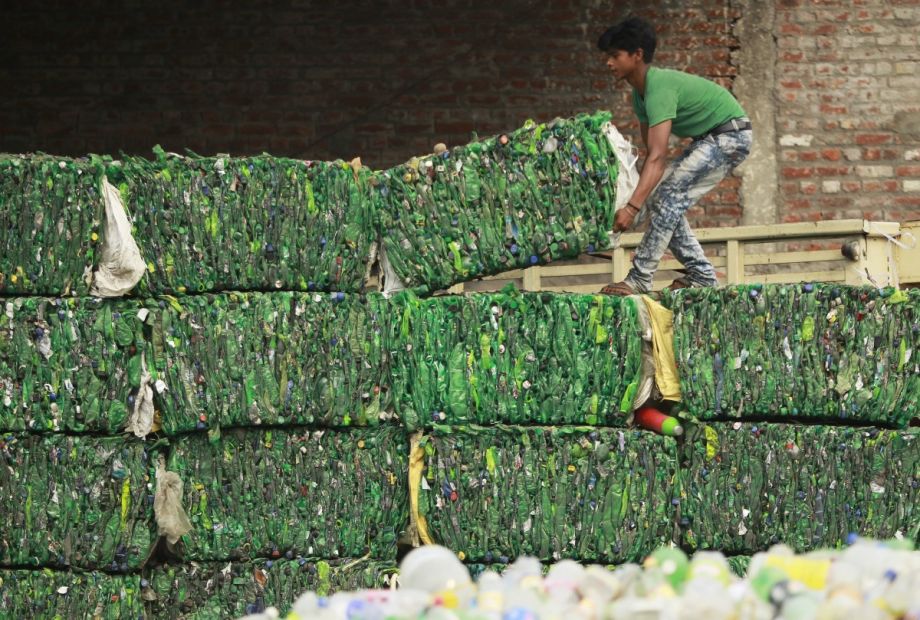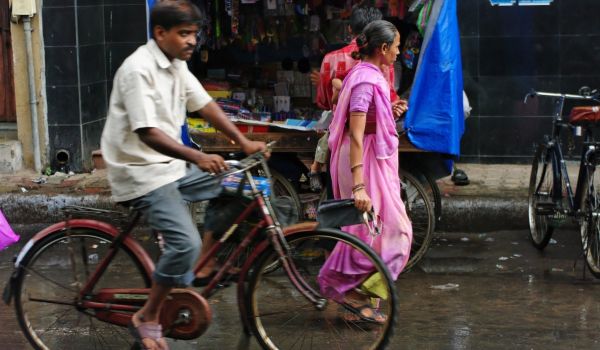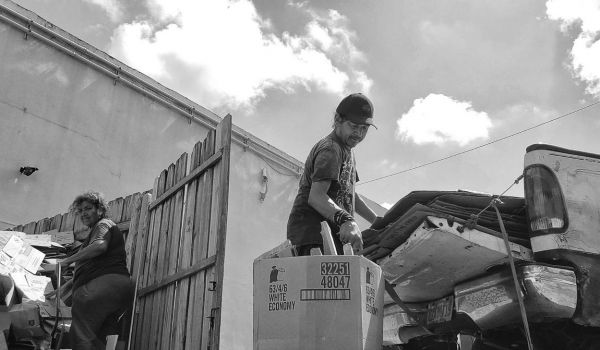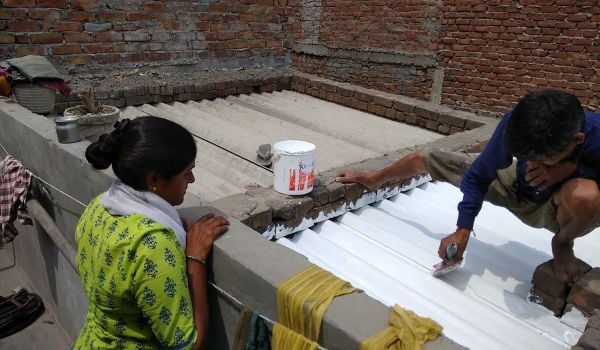A year after China implemented a ban on most plastic waste, India has followed suit, the Independent reports.
China had imported almost half the world’s plastic waste before its ban, about 8 million tons. India’s imports were historically smaller, at just 12,000 tons, but that figure made it the 10th largest importer of plastic scrap. According to WasteDive, speakers at a 2018 recycling conference “repeatedly highlighted India” as a country with the untapped capacity to accept imported trash.
The country theoretically banned importing plastic waste in 2015, but a legal loophole allowed agencies in “Special Economic Zones” to import plastic. So, naturally, companies set up shop in those zones, and plastic and paper imports began to rise. In 2018, India imported 48,000 tons of scrap plastic, nonprofit Indian news outlet The Wire reports.
The rules imposed on March 1 completely and immediately closed that loophole. But on March 11, the government amended the ban to take effect August 31, Recycling International reported. That gives container ships already en route to the country a chance to unload their cargo lawfully.
The U.S. recycles about 66 million tons of stuff each year, and about a third of that is exported to countries like China, India, and Malaysia. With the import bans from these countries taking effect (Malaysia, too, announced it will stop accepting plastic trash), U.S. recycling companies are scrambling to find markets or processors for their scrap.
Plastics and other forms of waste are piling up or going to the landfill, even if in previous years they had been recycled. Cities around the country are phasing out glass recycling. Philadelphia is burning half of its recyclables. The nonprofit Keep Northern Illinois Beautiful has collected tons of plastic, piling it up in bales and hoping to store it until the market for domestic plastic recycling picks up.
India said it was imposing the ban because it has enough of its own trash to deal with. The country generates 9 million tons of plastic waste a year but recycles only about half of it, The Hindu reports.
The turmoil in the West is not likely to end any time soon. Vietnam, another market for scrap plastic, said it won’t issue new licenses for scrap imports and will crack down on illegal shipments of imported scrap, and Thailand says a permanent ban on plastic scrap will go into effect in 2021 (an e-waste ban went into effect in 2018).
Recycling processors in the U.S. are urging consumers to recycle more thoughtfully. Plastic bags should stay out of recycling bins, they say, as should greasy cardboard and contaminated jars. Customers who recycle the wrong things might get a warning, a fine, or, in Oregon-based Rogue Disposal and Recycling’s case, an “Oops” sticker.
But these changes will take time to take effect, and it will take time to build up domestic recycling infrastructure. In the meantime, we’ll have a lot of trash to deal with.

Rachel Kaufman is Next City's senior editor, responsible for our daily journalism. She was a longtime Next City freelance writer and editor before coming on staff full-time. She has covered transportation, sustainability, science and tech. Her writing has appeared in Inc., National Geographic News, Scientific American and other outlets.
Follow Rachel .(JavaScript must be enabled to view this email address)














